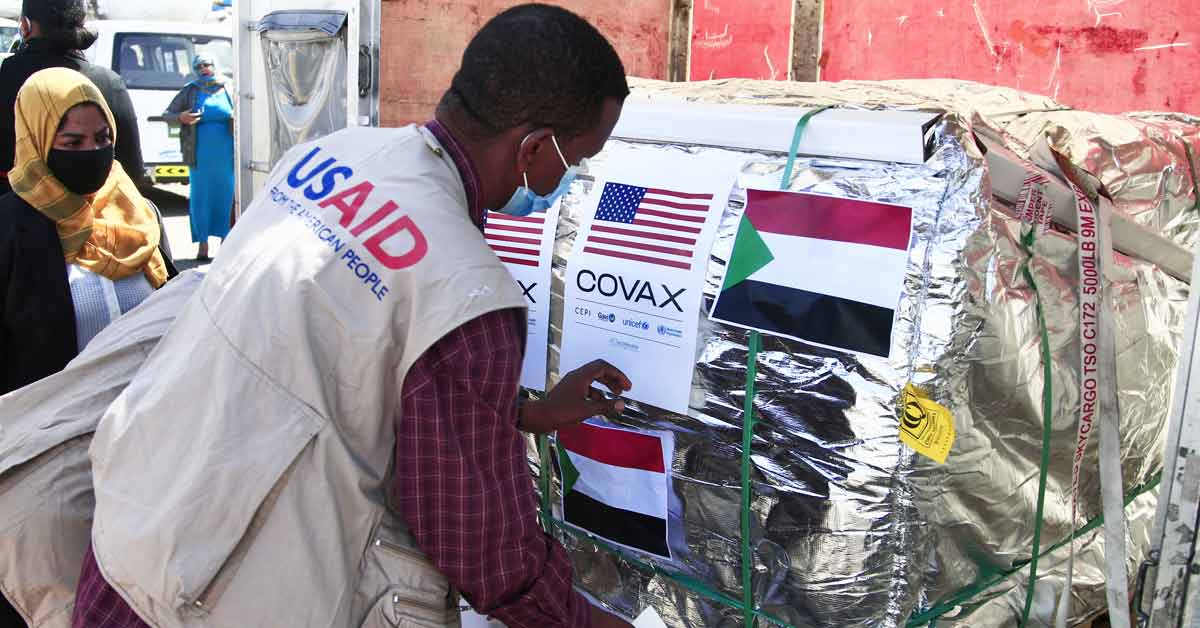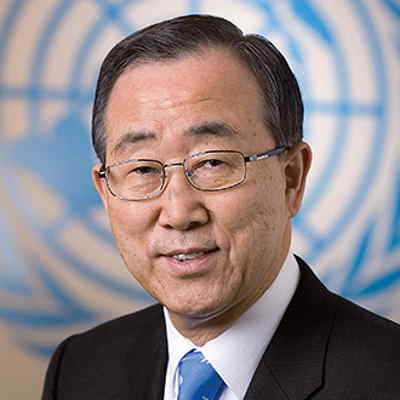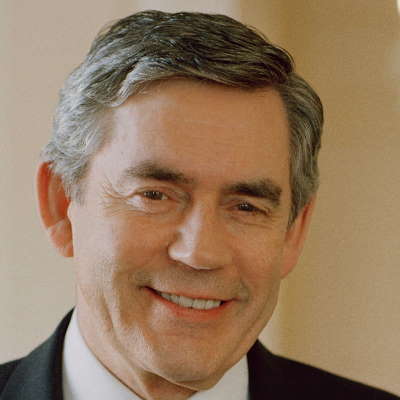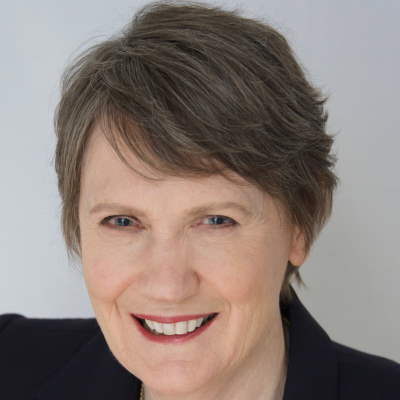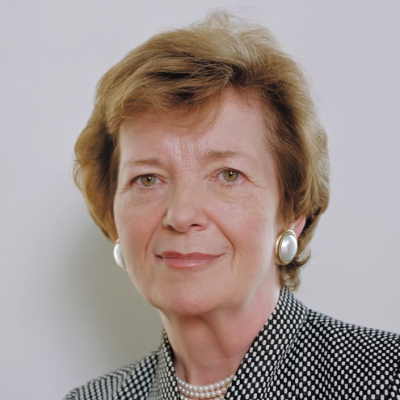With 124 million new COVID-19 cases worldwide since the start of 2022, and with the COVID-19 virus spreading, mutating, and stalking even the fully vaccinated, the world faces a grim truth: everyone will live in fear until no one lives in fear.
That is why world leaders must resolve that 2022 will be the year when we finally bring the pandemic under control. Three upcoming meetings present immediate opportunities to agree on the essential funding necessary to stop the pandemic and avert future ones: the G20 finance ministers’ summit this month, the United Nations (UN) High-Level meeting on universal vaccination immediately thereafter, and the reconvening of United States (US) President Joe Biden’s global vaccine summit in March.
World leaders will not be starting from scratch. The international COVAX facility has delivered more than 1.1 billion vaccine doses, primarily to the poorest countries, and the Access to COVID-19 Tools Accelerator (ACT-A) has provided more diagnostics, therapeutics, and treatments.
Still, more than 12 months after the first vaccinations, and with enough vaccine doses (more than 12 billion) now manufactured to immunize the entire world, only one in a hundred (and one in two hundred tests) have gone to low-income countries.
Low-income countries’ pitifully low share of fully vaccinated people – just five percent (and 11 percent in Africa) contrasts starkly with the 72 percent rate in high-income countries. This gap suggests that we value human life in the Global South far less than in the richer North. This is not just a medical or logistical failure; it is a moral one.
To erase this stain on our collective soul, we urgently need to raise US$16.8 billion in grant financing for ACT-A, the coordinating partnership for expanding access to vaccines, diagnostics, and therapeutics. That is how we will reach the global targets of vaccinating 70 percent of each country’s population by mid-2022, procuring treatments for 120 million patients, ensuring at least one test per thousand people per day, and protecting 2.7 million health workers with personal protective equipment.
Of the funding that ACT-A needs this year, only around US$800 million has been raised so far. Some US$16 billion more must be found in the early months of 2022. While some of the funding is for research and development and for reserves of global supplies, US$7.2 billion will be directed to serve the needs of African Union members for vaccines and other medical provisions.
US$16 billion sounds like a huge request. But the bill is more than 300 times smaller than the US$5.3 trillion that the International Monetary Fund (IMF) estimates will be lost by 2025 if we fail to vaccinate everyone. Indeed, that US$16 billion breaks down to an average of just US$0.10 per week for each citizen of the 55 countries to whom the ACT-A co-chairs, Norway and South Africa, have appealed for funds.
We also urgently need a long-term financial commitment to prepare for and prevent future pandemics, as recommended in reports by the Independent Panel for Pandemic Preparedness and Response, co-chaired by Helen Clark and Ellen Johnson Sirleaf; the G20 High-Level Panel, co-chaired by Tharman Shanmugaratnam, Lawrence H. Summers, and Ngozi Okonjo-Iweala; and the WHO Pan-European Commission on Health and Sustainable Development, chaired by Mario Monti.
The recommendations contained in these reports must be implemented now, because we cannot afford to wait until the next pandemic. Estimated to cost around US$15 billion per year – with US$10 billion per year for infrastructure – these investments would surely be the best insurance policy the world could ever have.
Moreover, the WHO and other global health organizations cannot do all the work that is needed if they continue to be funded on an ad hoc voluntary basis. This arrangement seems more suited to an annual charity fundraiser than to the serious and sustained task of underwriting the provision of the purest of public goods: health and the control of infectious disease.
There are three available sources of sustainable long-term finance, all of which could be agreed at Biden’s COVID-19 summit next month.
First, countries should agree on an equitable burden-sharing formula, following the model of how we fund the UN’s core and peacekeeping budgets and the IMF and the World Bank. To their credit, the ACT-A chairs have proposed a formula designed to inform decision-making on appropriate and necessary levels of voluntary grant contributions by the 55 countries asked to contribute, and we urge support for this initiative.
The US and the European Union (together with the United Kingdom) would each contribute around 25 percent of the total, with the rest of the world contributing smaller amounts based on their ability to pay.
Second, the IMF, the World Bank, and the regional development banks should immediately offer additional health financing for 2022. The World Bank and the regional development banks have an enhanced role to play in local capacity-building; and a new IMF vaccine facility should be extended to pay for the administration of doses.
Those countries that have agreed to share US$100 billion of their allocations of IMF special drawing rights (the Fund’s reserve asset) should immediately provide low-income countries with the liquidity to upgrade their health-care systems.
Finally, we need to be more innovative in sourcing these funds. For example, by leveraging US$2 billion in guarantees by richer countries, we can create an international health-financing facility that – together with US$1.5 billion in grants – would raise an additional US$10 billion for global health, particularly for poorer countries. And we should explore options such as expanding the range of the solidarity levy, which has directed US$1.25 billion from airline taxes to health since 2005.
There also should be greater engagement with the corporate sector – which stands to benefit from the full resumption of economic activity – and especially with pharmaceutical companies, which have now admitted that they have not done enough for poor countries. Finally, additional financial support from foundations should be sought.
Only through such solidarity can we make the COVID-19 pandemic history. That can – and therefore must – happen this year.
